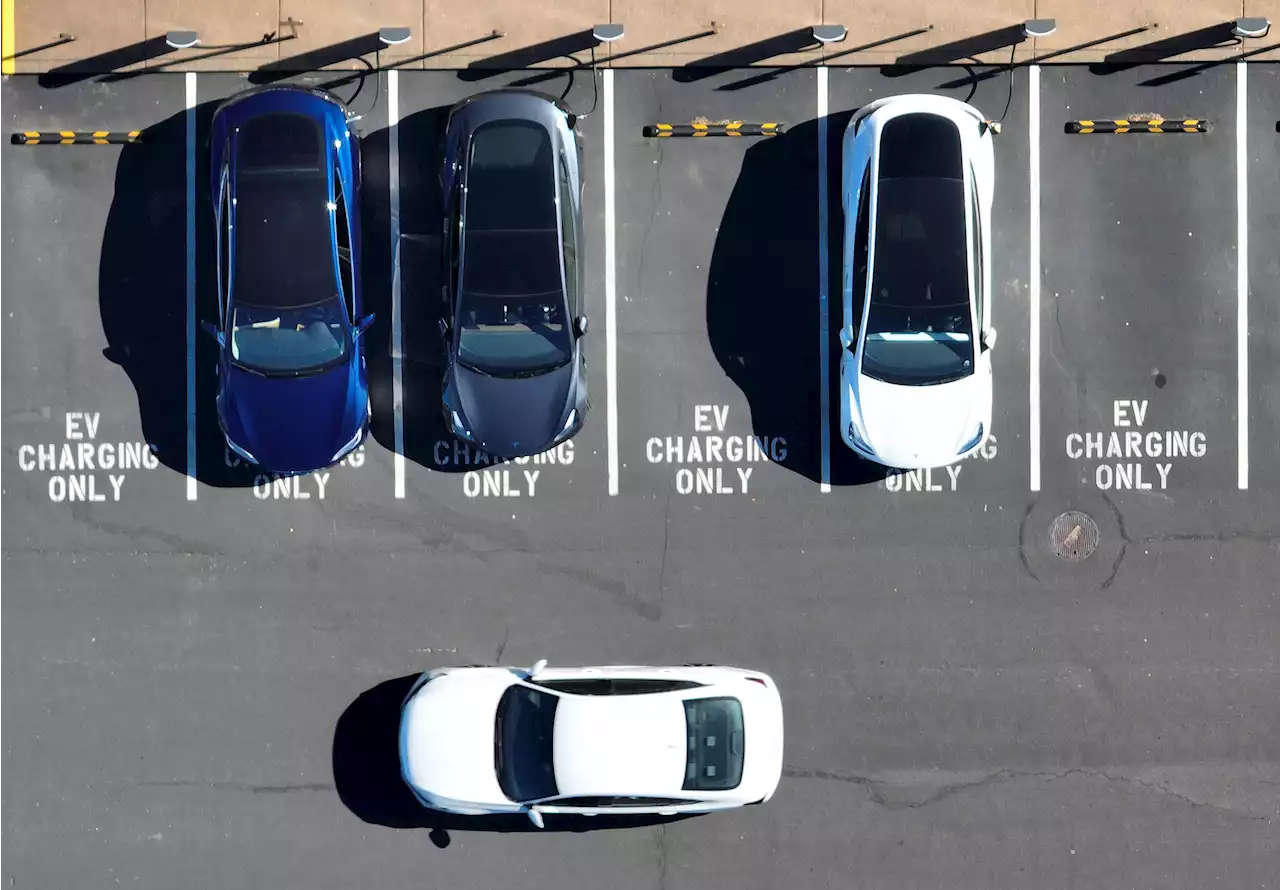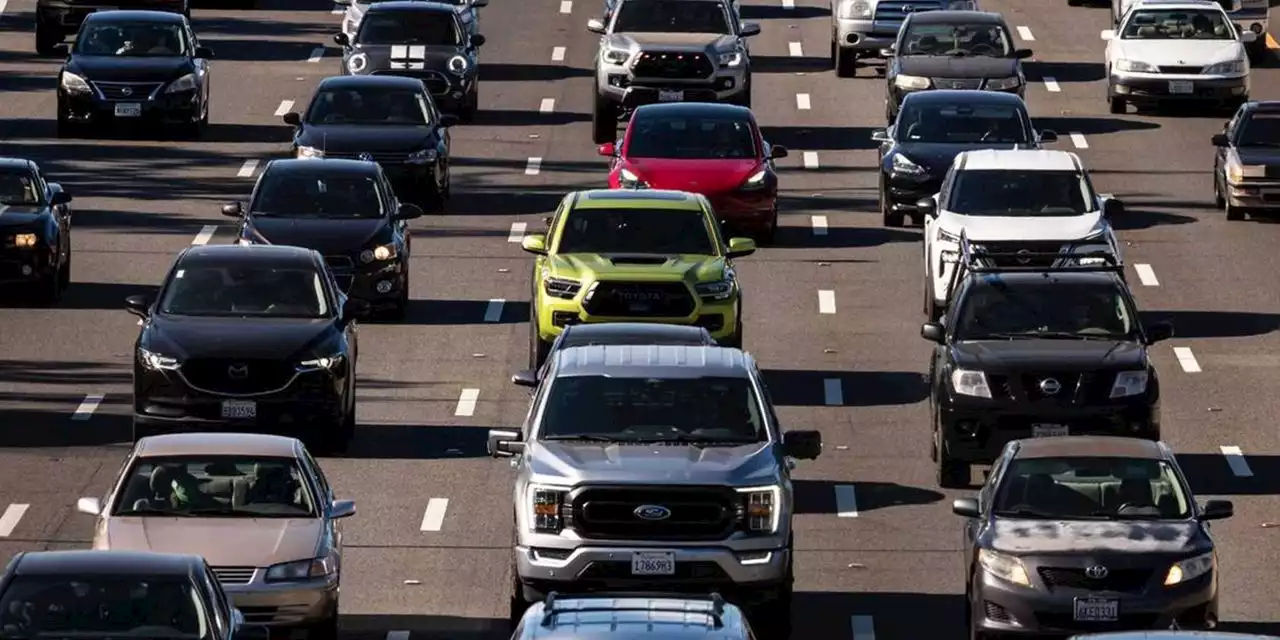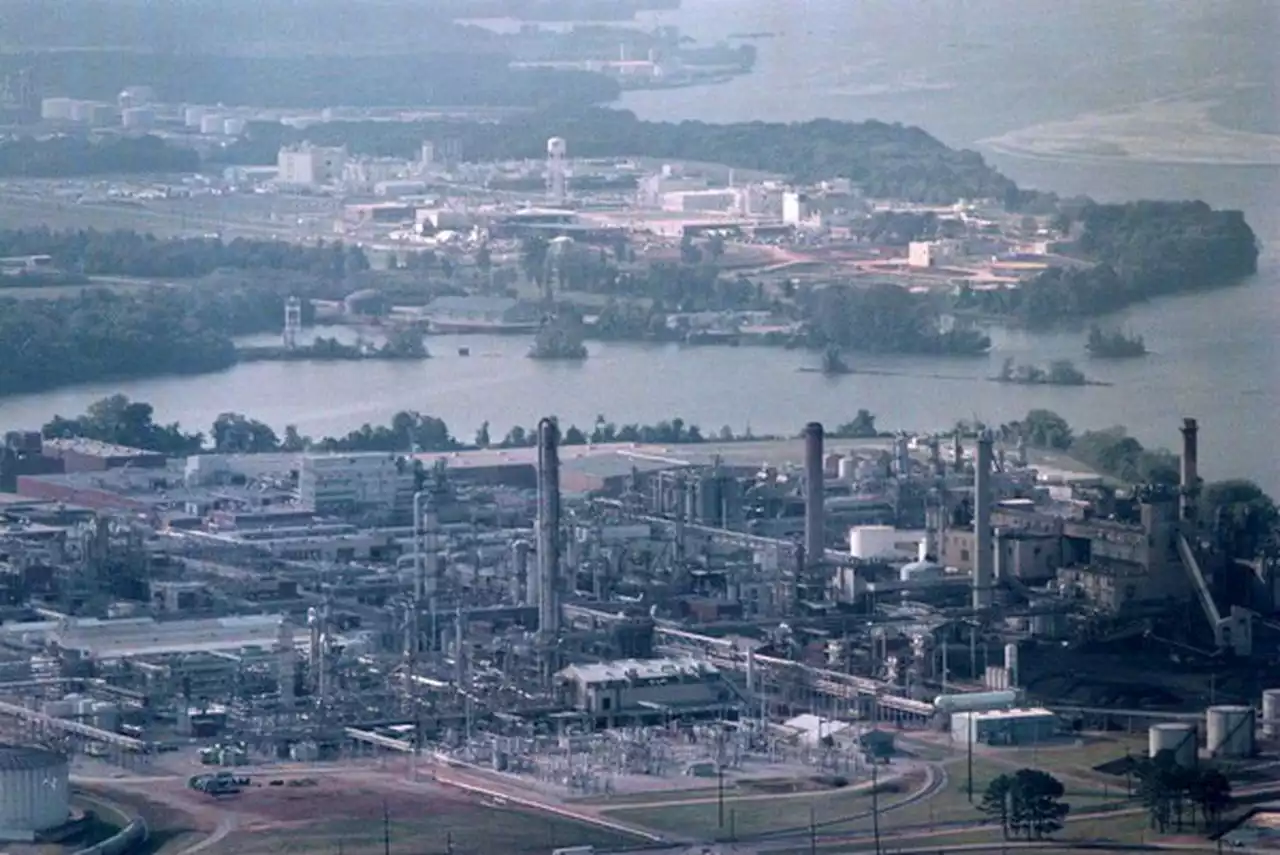From WSJopinion: The EPA’s proposed new vehicle-emissions standards will force-feed the production of electric vehicles, whether or not consumers want them
Wonder Land: Republicans need to decide if their support for Taiwan and Ukraine is real or not. Images: Bloomberg News/Shutterstock/Getty Images Composite: Mark KellyThe U.S.
auto industry is nominally still privately owned, but it is slowly becoming a de facto state-directed utility. That’s the meaning of the Environmental Protection Agency’s proposed new vehicle-emissions standards Wednesday that will force-feed the production of electric vehicles, whether or not consumers want them.
Canada Latest News, Canada Headlines
Similar News:You can also read news stories similar to this one that we have collected from other news sources.
 Biden Proposes Standards Designed To Make Most New U.S. Cars Electric By 2032The new EPA rules are the toughest vehicle emission standards to date.
Biden Proposes Standards Designed To Make Most New U.S. Cars Electric By 2032The new EPA rules are the toughest vehicle emission standards to date.
Read more »
 EPA Seeks to Boost EVs With Toughest-Ever Rules on Tailpipe EmissionsThe Biden administration is seeking to speed the transition to electric vehicles, while the auto industry is warning that a rule change alone won’t be enough.
EPA Seeks to Boost EVs With Toughest-Ever Rules on Tailpipe EmissionsThe Biden administration is seeking to speed the transition to electric vehicles, while the auto industry is warning that a rule change alone won’t be enough.
Read more »
 EPA lays out aggressive new tailpipe emission rules aimed at boosting EV salesBiden wants two-thirds of vehicle sales to be electric by 2032.
EPA lays out aggressive new tailpipe emission rules aimed at boosting EV salesBiden wants two-thirds of vehicle sales to be electric by 2032.
Read more »
 EPA plans stricter new rules for electric vehicles, emissionsMost cars on the road today still run on gasoline. In 2021, electric and hybrid vehicles had just passed 10% of new sales.
EPA plans stricter new rules for electric vehicles, emissionsMost cars on the road today still run on gasoline. In 2021, electric and hybrid vehicles had just passed 10% of new sales.
Read more »
 The EPA’s New EV Rules Could Test Carmakers’ Commitment To Zero EmissionsThe Environmental Protection Agency’s historic proposed emissions standards – the most ambitious in U.S. history – will shift the country’s electric vehicle (EV) market into high gear. It will test carmakers commitment to zero emissions.
The EPA’s New EV Rules Could Test Carmakers’ Commitment To Zero EmissionsThe Environmental Protection Agency’s historic proposed emissions standards – the most ambitious in U.S. history – will shift the country’s electric vehicle (EV) market into high gear. It will test carmakers commitment to zero emissions.
Read more »
 Alabama environmental groups sue EPA over ‘outdated’ water pollution rulesA coalition of 13 environmental groups, including two from Alabama, argue that the EPA’s water pollution limits for heavy industries are decades out of date and don’t do enough to protect rivers and streams as required by the Clean Water Act.
Alabama environmental groups sue EPA over ‘outdated’ water pollution rulesA coalition of 13 environmental groups, including two from Alabama, argue that the EPA’s water pollution limits for heavy industries are decades out of date and don’t do enough to protect rivers and streams as required by the Clean Water Act.
Read more »
